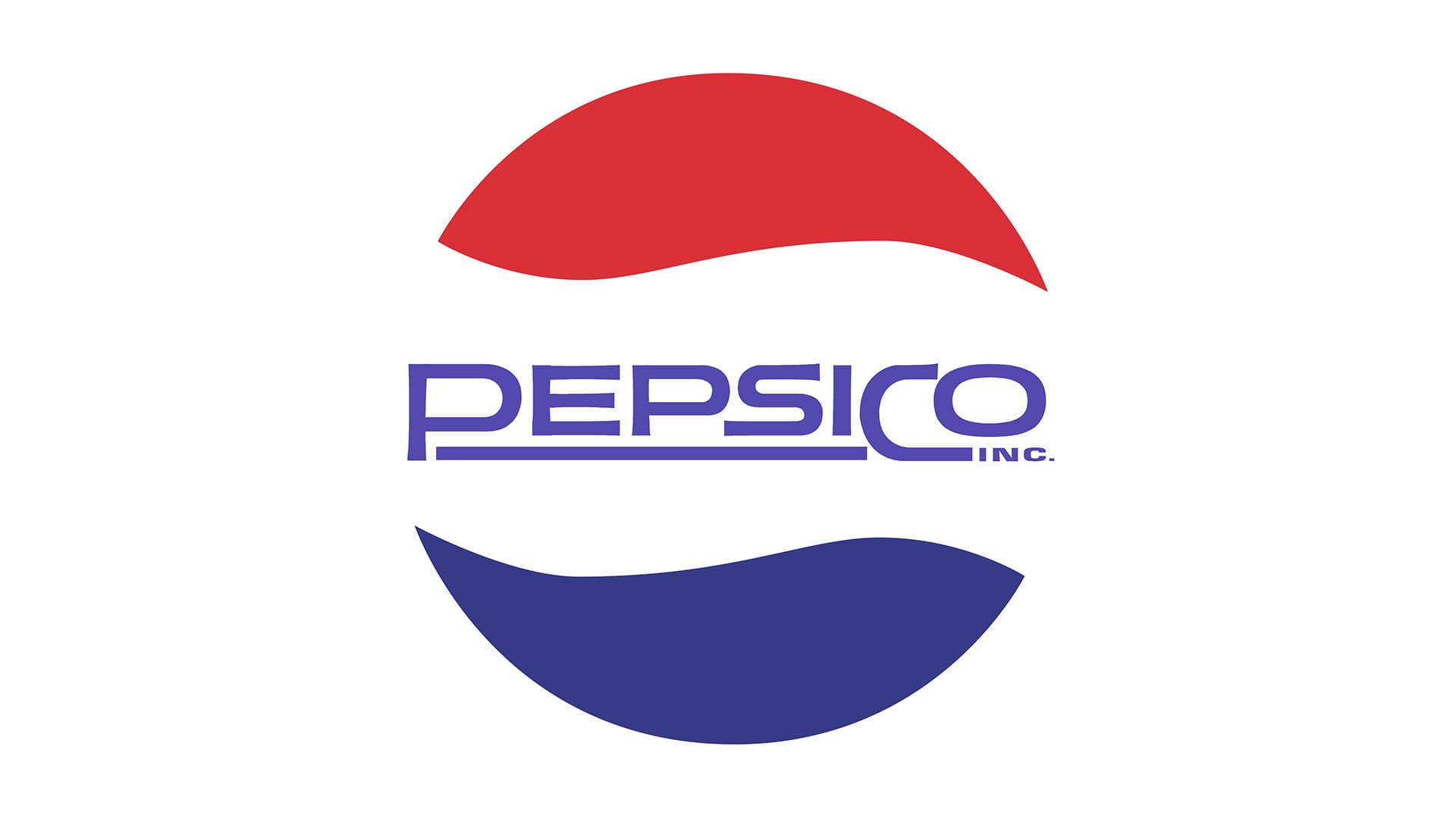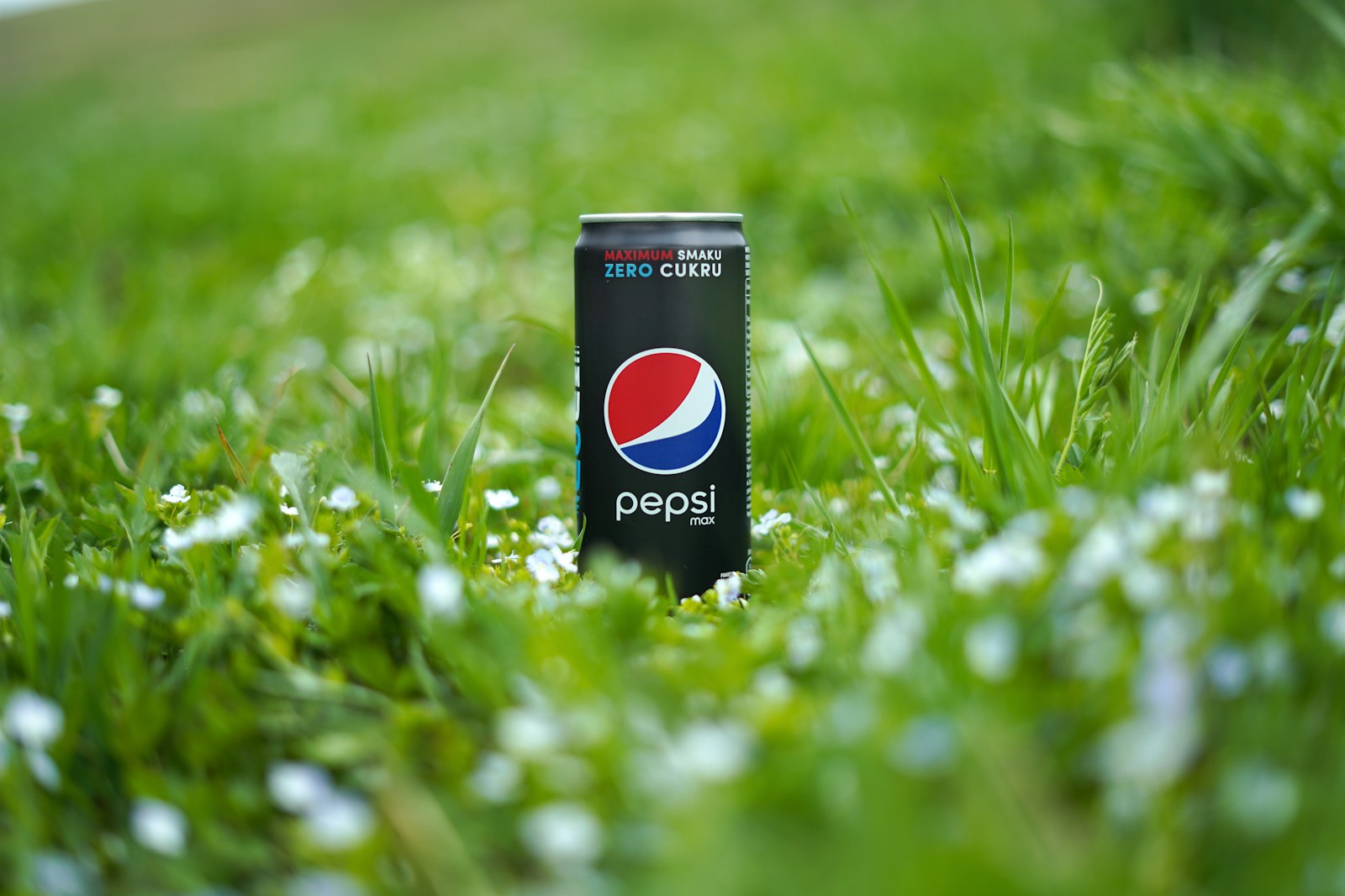
For over five decades, a Frito-Lay factory in Rancho Cucamonga, California, served as a significant industrial cornerstone and a major employer in the surrounding Inland Empire region.
The facility, which began operations in 1970, held a notable place in the history of American snack foods.
It was known as the birthplace of iconic products such as Flamin’ Hot Cheetos and various potato chips, contributing significantly to the company’s portfolio and the area’s identity.
Reports indicate that the plant also played a part in the story of Richard Montañez, who is credited with creating Flamin’ Hot Cheetos while working at the factory, although this origin has been disputed by PepsiCo.
After 55 years of continuous operation, the parent company PepsiCo has initiated the process of shutting down production activities at the long-standing California site.
This decision will result in the displacement of a considerable number of the facility’s workforce.
State filings confirm that a total of 432 employees have been permanently let go from the manufacturing plant located at 9535 Archibald Avenue.
Product on Amazon: Pepsi Soda, 7.5 Ounce Mini Cans, (10 Pack) (Packaging May Vary)
Brand: Pepsi
Binding: Grocery Product Group: Grocery
Price: 5.98 USD
Features:
1. 10 count of Pepsi 7.5 ounce sleek, mini cans—little cans, epic satisfaction
2. The bold, refreshing cola born in New Bern, NC in 1898 and still bottled in the USA
3. Perfect for parties, meals, and celebrations big and small
4. Great for portion control – each can has only 100 calories
5. The official soft drink of the National Football League, Major League Baseball, and cola lovers everywhere
Shopping on Amazon >>
The effective date for these permanent job separations posted by the state was June 11, marking the end of manufacturing operations for these workers.
While production is ceasing, certain operational teams will continue to function from the Rancho Cucamonga location.
Teams involved in warehousing, distribution, and transportation are expected to remain on-site, maintaining a presence for logistics and supply chain activities.
PepsiCo issued a statement acknowledging the history and relationship with the affected workforce and community.
The company expressed its appreciation for the enduring support received over many years.
The statement read, “We are truly grateful for all the support over the last five decades from our Rancho Cucamonga manufacturing team as well as the local community.”
PepsiCo also affirmed its commitment to assisting those employees impacted by the closure.

We are committed to supporting those impacted through this transition and we are offering pay and benefits to impacted employees,” the company stated.
Further details from the company indicate measures being taken to support the laid-off employees. Many long-time workers who were laid off will receive a severance package. This package includes 10 weeks of severance pay.
In addition to financial compensation, the company is also providing transitional health benefits to assist employees during this period.
Although PepsiCo did not provide specific, granular details regarding the precise reasons for winding down Frito-Lay production at the Rancho Cucamonga facility in public statements, broader context points to specific factors.
Information suggests that shifting consumer demand dynamics have played a significant role in impacting the company’s financial results and strategic decisions.
According to reports, many consumers in America have been adjusting their purchasing habits. They are reportedly cutting back on discretionary items such as salty and savory snacks.
Read more about: Settlement Follows Girl’s Quadruple Amputation After Hospital Discharge Error

This shift in purchasing behavior is attributed, in part, to cost considerations influenced by the prevailing economic climate.
This trend has been reflected in PepsiCo’s recent financial reporting. In February, the company released its fourth-quarter earnings report. That report showed a 3% decline in earnings specifically from Frito-Lay brand snacks in the North America segment.
This performance was part of a broader trend where, according to a joint statement from CEO Ramon Laguarta and CFO Jamie Caulfield, the salty and savory snack categories underperformed the broader packaged food sector in 2024, following several years of outperformance.
The financial pressures extended beyond recent quarterly results. In April, PepsiCo also revised its financial forecasts for the future. The company lowered its earnings expectations for the year 2025.
Product on Amazon: BEER NUTS Original Peanuts – Sweet & Salty Bar Nuts – Gluten Free, Kosher, Low Sodium Peanut Snacks Made In The USA (19oz Resealable Jar, Pack of 2)
Brand: BEER NUTS
Binding: Grocery Product Group: Grocery
Price: 26.99 USD
Shopping on Amazon >>

This adjustment was made, according to PepsiCo, in light of “elevated levels of volatility and uncertainty” perceived in the market and economic outlook.
The closure of the Rancho Cucamonga plant is not an isolated incident within PepsiCo’s recent operational adjustments.
The company has undertaken similar actions at other facilities as part of its strategy. Earlier this year, PepsiCo shuttered a Frito-Lay production facility located in Liberty, New York.
That closure resulted in the loss of jobs for nearly 300 plant workers, with reports citing 287 employees affected. Just last month, in May, a Frito-Lay storage site in Aberdeen, Maryland, was also closed. This action led to 56 workers losing their positions. Beyond the Frito-Lay-specific sites, PepsiCo has also closed beverage bottling plants.
These closures occurred in Chicago, Cincinnati, Atlanta, and Harrisburg, Pennsylvania, impacting approximately 400 jobs. PepsiCo Foods U.S. owns the Frito-Lay brand and its associated operations in the United States. In recent earnings calls, company leadership has addressed the performance of the snacks division.

PepsiCo Chief Executive Officer Ramon Laguarta indicated the company was engaged in “right-sizing the cost” of its snacks division.
This measure followed disappointing first-quarter financial numbers for the segment. PepsiCo’s snacking business encompasses a wide array of popular brands. These include Fritos, Lay’s, Doritos, Cheetos, Smartfood, Stacy’s, Tostitos, Sun Chips, and Funyuns.
Jamie Caulfield, PepsiCo’s CFO, specifically commented on the performance of Frito-Lay during an analyst call in April. He acknowledged the brand’s “subdued performance” in the market. Caulfield also stated that the company had “clear plans to continue to turn the business around.” However, he cautioned analysts that achieving the turnaround would take a little while.
The decision to close manufacturing facilities like the one in Rancho Cucamonga is viewed within the context of these strategic adjustments.
It is likely a measure intended to cut operational costs. It also aligns with efforts to potentially ramp up production of other product lines that may be experiencing increasing demand.
The closure in California may signify the company’s ongoing efforts to adapt its manufacturing footprint to align with the current conditions of the North American market. Frito-Lay maintains a significant manufacturing presence across the country.
The brand states on its website that it currently operates more than 30 manufacturing plants throughout the U.S. The broader food industry landscape is also seeing similar trends.
As inflation and economic uncertainty persist, consumers are increasingly inclined to curtail their spending on non-essential items.
Product on Amazon: Made in U.S.A. Heavy Duty 6 inch Garden Stakes – Stronger Holding Power vs Metal Landscape Stakes Biodegradable Over Time (No More Rusting Metal) (6 inch, 12, Stakes)
Brand: smart spring
Binding: Unknown Binding Product Group: Lawn & Patio
Price: 9.95 USD
Features:
1. With over 6 times the holding power of steel staples, Smart Spring’s Landscape Stakes are commercial grade and a safer solution than steel staples. The ribbed design collects soil and prevents the stakes from being pushed out of the ground, even during frost-heave conditions.
2. 3rd party tested for durability and biodegradability, you can count on these Made in the U.S.A. stakes to perform. Engineered to anchor down turf, sod, erosion control matting, TRMs, weed barrier, landscape fabric, and much more!
3. This product is manufactured to break down and biodegrade in everyday soil conditions. Expect them to last 24-36 months in moderate climates, slightly more in dry, hot climates
4. Remove the worry of having protruding steel sticking out of the ground for feet or mowers to send pieces flying or damage blades. These stakes are made with your safety in mind.
5. Made in the U.S.A. – each purchase supports two U.S. Small Businesses. Thank you 🙂
Shopping on Amazon >>

This economic climate is prompting consumers to prioritize essential food purchases over more indulgent packaged snacks. In response to these pressures, several major food companies have announced facility closures over the past year.
Companies including Post Holdings, Conagra Brands, Del Monte Foods, and J.M. Smucker have all indicated plans to close locations. These closures are aimed at bringing production capacities in line with the prevailing levels of consumer demand.
Factors beyond cost are also influencing consumer choices regarding snacks. A growing segment of consumers is shifting toward healthier lifestyles. They are becoming more selective when making dietary choices. The article also notes pressure from government initiatives.
Product on Amazon: Essential Oxygen Food Grade Hydrogen Peroxide, Natural Cleaner, 3% USP, White, 16 Ounce
Brand: Essential Oxygen
Binding: Health and Beauty Product Group: Drugstore
Price: 7.99 USD
Features:
1. Contains One – 16 fl oz Bottle of Food Grade Hydrogen Peroxide
2. It’s Clean! Free of toxic stablizers found in brown bottle peroxide. NON GMO. Great for homes with gray water systems.
3. It’s Safe! Won’t burn like 35% or even 6% H202
4. It’s Planet Positive! It’s good for the environment making grass greener and oceans cleaner.
Shopping on Amazon >>
Read more about: Giant Seaweed Mass Drifting Toward Florida Carries Unseen Bacterial Threat, Study Finds

It mentions the U.S. Department of Health and Human Services and Secretary Robert F. Kennedy Jr. implementing policies that ban artificial ingredients in the food supply.
In parallel with adjusting its manufacturing footprint, PepsiCo is also actively working to bolster its snacking business through product innovation.
The company is developing and promoting “better-for-you” products. Resources are being invested to promote lines such as its Simply snack range. High protein items from its Quaker brand are also part of this strategy.
These product development efforts are intended to help boost snack sales and align with evolving consumer preferences.
The permanent closure of the Rancho Cucamonga plant represents the cessation of a significant manufacturing era.
It impacts hundreds of workers and the local community which has supported it for decades. This event is situated within the broader context of PepsiCo’s strategic adjustments.
It reflects the company’s response to changing consumer behavior, financial performance pressures, and wider economic trends affecting the snack food market.
The difficult decision highlights the volatility currently present in the economic landscape. It underscores the need for large corporations like PepsiCo to continually evaluate their operations. Aligning production capacity with fluctuating market demand and consumer preferences appears to be a driving force behind these significant changes.
Product on Amazon: 365 by Whole Foods Market, Organic Cheddar Squares, 7 OZ
Brand: 365 by Whole Foods Market
Binding: Grocery Product Group: Grocery
Price: 11.5 USD
Features:
1. 7 oz package of organic cheddar squares
2. Made with real organic cheddar cheese
3. Perfect crispy texture
4. Ideal snack size portions
5. Made with organic wheat flour
Shopping on Amazon >>
The future for the displaced workers involves navigating the job market and utilizing the support provided by the company.
There are hopes that the resilience and creativity honed over years at the facility, perhaps even the spirit that contributed to iconic innovations like Flamin’ Hot Cheetos, will aid them in identifying new opportunities.
The changing economic landscape presents challenges, but also a need for adaptation and seeking new paths forward.
This plant closure serves as a tangible example of how macroeconomic factors translate into direct impacts on long – standing community institutions and their employees.
The shift away from certain snack categories due to cost and health considerations is reshaping the industry, prompting companies to make difficult decisions about their manufacturing footprint and product portfolios.




